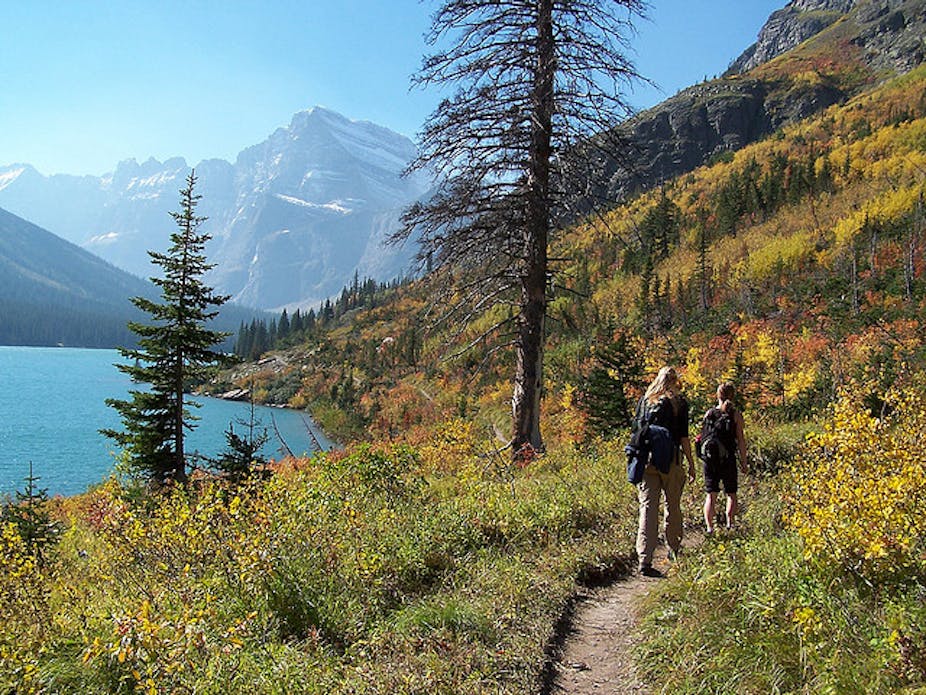People from all walks of life and all corners of the world are becoming scientists. Citizen science empowers those with an interest in any area from ecology to astronomy to be a part of the scientific process. As the methods are refined and more citizens get involved, professional scientists are reaping the benefits too.
Ease of connecting and sharing via the internet has led to a rapid growth in the number of citizen science projects. With smartphones, public participation in science has reached a whole new level.
A helping hand
Why do scientists need the public’s help? Traditionally, the need arose from the desire to increase the scope and coverage of scientific studies, like wildlife surveys. This is an enormous benefit in the context of limited funding and allows for important conservation work to be carried out that would not have otherwise been possible. A prime example is the Glacier National Park’s Citizen Science Program, which is key to helping biologists monitor bighorn sheep and mountain goat populations.
Recently, the increase in big data projects has created a new demand for the outsourcing of scientific tasks. For example, LHC@Home employs the processing power of people’s computers to help analyse vast amounts of information produced by the Large Hadron Collider, the world’s biggest physics laboratory. Galaxy Zoo, meanwhile, exploits the pattern recognition skills of their volunteers to classify the millions of galaxies that the Sloan Digital Sky Survey records.
Evidence of the increasing importance of citizen science comes from its appearance in prestigious journals such as Nature and Frontiers in Ecology and the Environment. Conferences have even been held on the subject in the UK and the US.
The traditional media has helped raise awareness and make citizen science a part of the popular culture . For example, physicist Brian Cox recently highlighted the promotion of citizen science in astronomy achieved by the BBC Stargazing Live programme. The viewers-turned-scientists have discovered extra-solar planets and even new phenomena on the surface of Mars.

New territory, new challenges
The current explosion of citizen science comes with its own challenges. Data quality used to be of great concern, but it is now known that proper checks and balances to account for bias and error are all that is needed to produce reliable data.
Of more concern today are issues such as methods of best practice, the need for coordination, uniformity versus creativity and the number of participants versus the richness of feedback. These questions are already beginning to be answered and those involved in the current discourse are doing an excellent job of shaping its future for the better. For example, representatives from the Centre for Ecology and Hydrology have recently been involved in producing a pioneering review of environmental-based citizen science and an accompanying guide to best practice.
While working on these papers, researchers found that there are many approaches to citizen science, ranging from high investment returning complex data, to low investment for simple data and from rigorously scientific sampling to mass participation. Their work compliments others reports such as Involving People in Biological Recording and a forthcoming report for the Scottish Environmental Protection Agency, which looks at suitable questions for public participation.
The future for citizen science is no doubt one of continued expansion. Projects are proliferating in Europe, Australia and North America, with the seeds of the movement’s new ecosystem of practitioners and participants being sown in the rest of the world.
Citizen science is blurring boundaries between scientists and the public, as people develop greater skills as citizen scientists. This may well be the best way to reach science communication’s lofty goal of giving the public a sense of ownership over society’s scientific endeavours.

